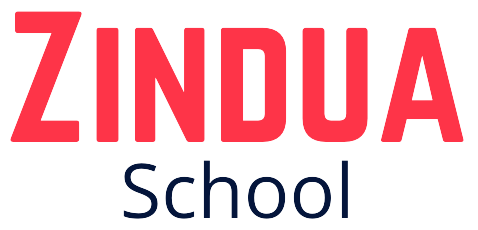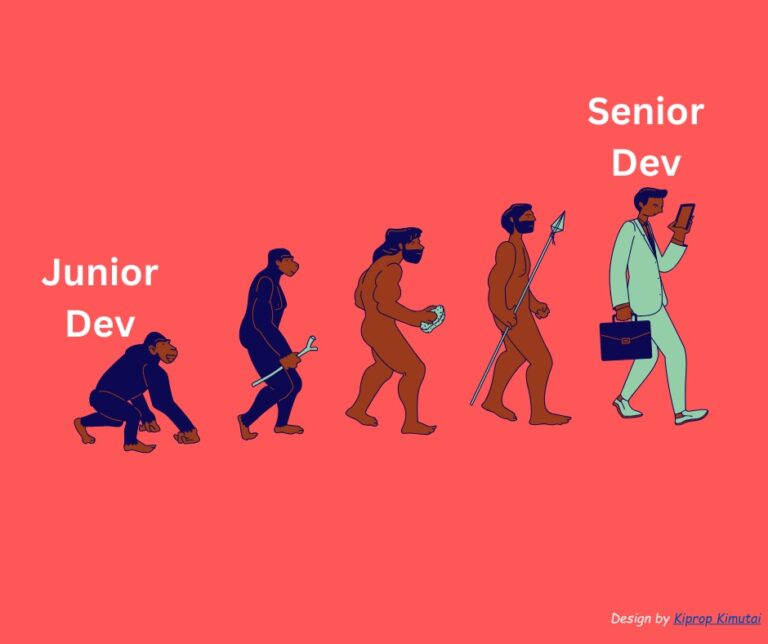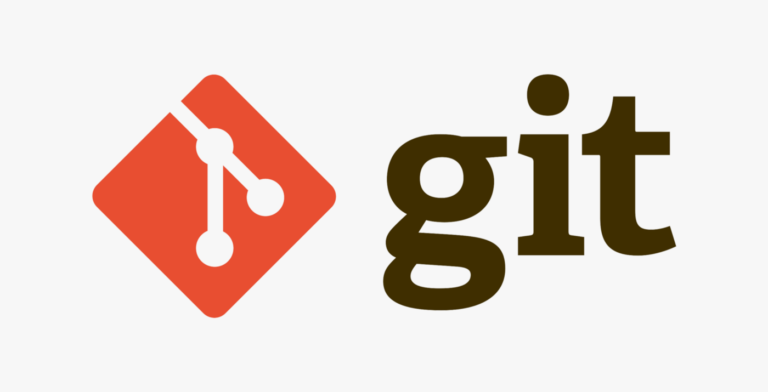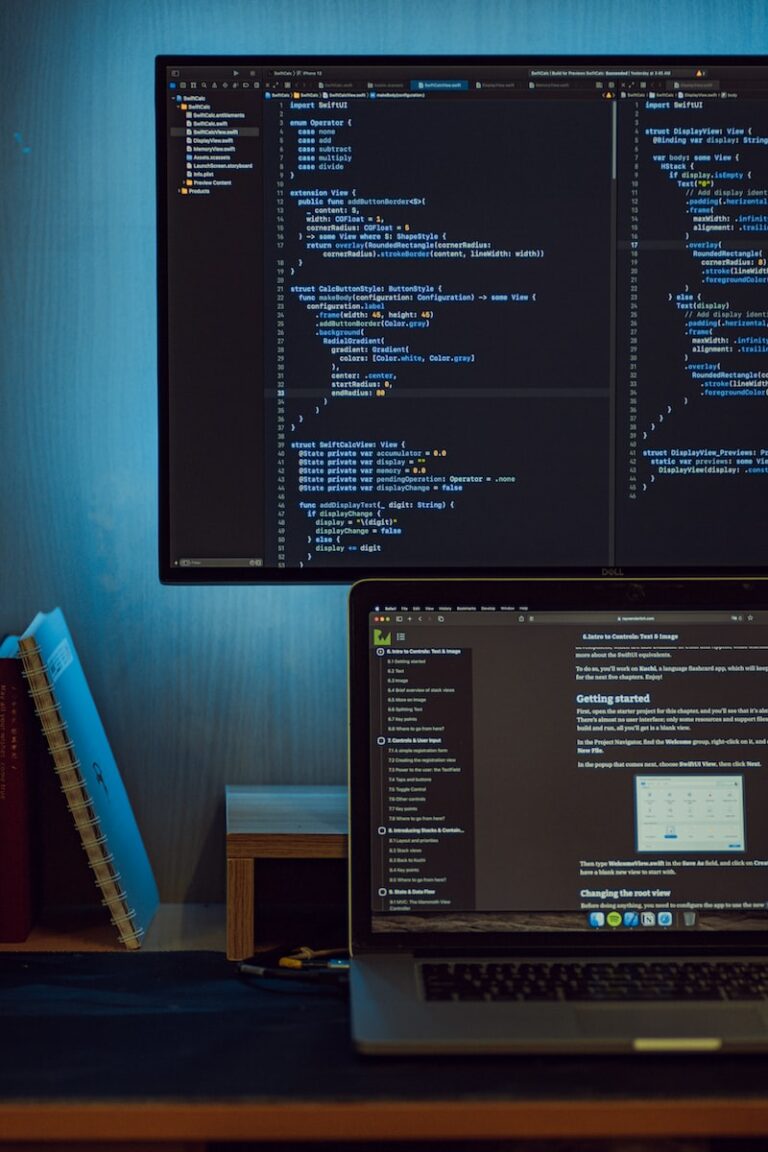The Ultimate Guide to Acing Your Next Technical Interview
If you are currently looking to secure a developer role, chances are you will have to sit for a technical interview. Technical interviews are a common part of the hiring process for many technical roles, such as software engineers, data scientists, and IT professionals. These interviews are designed to assess a candidate’s technical skills and knowledge, and may include coding challenges, whiteboard exercises, and other technical tasks.
Preparing for a technical interview can be challenging and quite intimidating, as it requires a deep understanding of technical concepts and the ability to solve problems under pressure. This blog is aimed at helping you best prepare for your next technical interview and hopefully help you secure that dream developer role.
Understanding what Technical Interviews entail
Unlike the normal question-and-answer interview format, technical interviews are practical and includes technical challenges for you to solve within a set period of time. Typically, such interviews are conducted by the engineering team with the help of the recruitment department. It is important to conduct some background search on these profiles and have an understanding of the people you will meet in the interview.
Technical interviews usually vary from company to company, but most have 3 main interview stages. They include: –
1) Phone or Video Screening Interview
This stage is designed for the recruiter to better know you. Your interests, experience, skills, and your motivation to work for that particular company. At this point, the recruiter already likes your resume/CV and view you as a potential fit for the developer role. It is important to do some background research on the company before getting onto this call.
2) Remote Coding Interview
Once you pass the phone screening stage, the next step is the remote coding interview that might be provided as a take-away test or a challenge over a video call. It is a simple challenge meant to assess your technical skills before you proceed for the final in-person interview. Carefully read the instructions and plan out your solution before you start working on the challenge. This stage purely tests your coding ability, and it is therefore important to practice as many program-specific coding challenges as possible.
3) Technical/White-boarding Interview
This is the most dreaded stage of the technical interview process as it involves a real-time programing challenge that could be on-site or virtually on a whiteboard in the presence of the interviewers. You should expect a healthy mix of technical, behavioral, and design-focused questions at this stage. The questions are heavily dependent on the seniority of the role you are applying for and it is therefore important to ensure you are thoroughly prepared.
They could be verbal, where they require well thought-through verbal answers or a whiteboard question that require you to show a step-by-step solution to the challenge. In most cases, the interviewers are not interested in the final answer but rather your systems-thinking approach to the challenge. Some of the must study topics include Data Structures, Algorithms, Systems Design, and Dynamic Programming.
How to ace the technical interview
Now that we understand what technical interviews entail, let us look at some tips and tricks to help you hack your next technical interview and land that dream job.
1. Practice
The more you practice, the more comfortable you will feel during the interview. This can include practicing coding challenges, whiteboard exercises, and mock interviews. Some of the helpful online resources you can use include HackerRank, LeetCode, and Codewars to help you practice and improve your coding skills.
2. Research the company and the position.
Make sure you know as much as possible about the company and the position you’re applying for. This will help you tailor your answers to the interviewer’s questions and show that you’re genuinely interested in the position.
3. Speak clearly and concisely.
Technical interviews can be high-pressure situations but that should not stop you from being articulate and specific when answering questions. Since it is a technical interview, practice explaining your code and the reasoning behind your decisions.
4. Ask clarifying questions before you even start writing code.
Once you have been presented with the challenge, avoid rushing to the solution. It is highly advisable that you ask follow on questions to better understand the challenge. This buys you more time to think and might end up getting some hints from the interviewer on how to approach the challenge. Once you are done with the challenge, remember to always walk through your solution so that the interviewers can understand your approach and the reasoning behind it.
5. Prepare questions to ask the interviewer
The interview is not just an opportunity for the interviewer to learn about you, it’s also a chance for you to learn about the company and the position. Prepare some questions to ask the interviewer, such as what a typical day in the job looks like, how the company approaches problem-solving, or what opportunities for growth and development are available.
6. Portray subtle confidence.
Confidence is important during an interview, but it’s also important to be humble. Don’t be afraid to admit when you don’t know something, but show a willingness to learn. Remember that the interviewer is not just looking for technical skills, but also for someone who can work well with others and is open to feedback.
7. Practice good interview etiquette
Make sure you dress appropriately, arrive on time, and greet the interviewer with a firm handshake and a smile. During the interview, maintain good eye contact and be attentive to the interviewer’s questions. Remember to thank the interviewer for their time at the end of the interview.
In Conclusion
Technical interviews offer you the best avenue to showcase your skills and you should approach them with enthusiasm and a positive attitude. By following these tips and tricks, you can hack your next technical interview and increase your chances of landing that dream job. Remember to stay calm, be prepared, and most importantly, be yourself.
If you are looking to start out your tech journey, be sure to check out Zindua School. It offers courses in Software Development and Data Science complete with Career Development support that helps you prepare for technical interviews.







